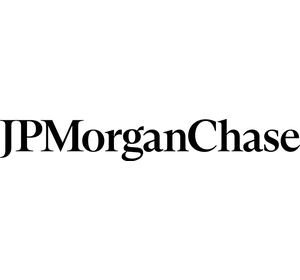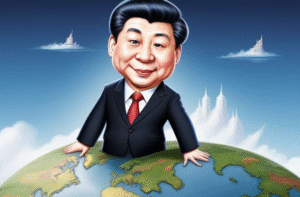# $PFE $MRK #PharmaSector #USPolicy #EUTrade #Tariffs #Section232 #Investigation #EconomicImpact #TradeDeal #Healthcare
Will Pharma Tariff Confusion Jeopardize the EU-U.S. Deal? Find Out Why It Matters
In recent pharma news, the ongoing U.S. Section 232 investigation casts a shadow of uncertainty over the pharmaceutical industry. With a pivotal decision expected by August, stakeholders are on edge about potential impacts on the EU-U.S. trade relations.
The Stakes of the Section 232 Investigation
The U.S. government’s scrutiny under Section 232 primarily investigates the implications of imports on national security. However, its application to the pharmaceutical sector is particularly contentious, given the delicate balance of global drug supply chains and market dynamics. The outcome of this investigation could significantly influence trade agreements, potentially imposing tariffs that might disrupt not just market stability but also international health sector collaborations.
Potential Implications for Global Pharma Markets
Should tariffs be introduced, the cost implications for pharmaceutical companies could be vast. These costs are likely to trickle down to consumers, potentially increasing the price of medications in both the U.S. and EU markets. Furthermore, the introduction of tariffs could stifle innovation by limiting the cross-border flow of scientific research and development resources, which are crucial for the advancement of new pharmaceutical therapies.
What Lies Ahead for Pharma Giants and Global Health Economics
As the deadline approaches, major pharmaceutical companies are desperately seeking clarity. The uncertainty hampers strategic planning and fosters a cautious investment climate. This investigation not only affects the companies directly involved but also has broader implications for global health economics. The decision could reshape how drugs are manufactured and distributed across continents, impacting everything from production to patient access.
A Critical Moment for Trade Relations
This investigation could serve as a litmus test for the strength of EU-U.S. trade relations. In an era where trade tensions can quickly escalate into trade wars, the importance of maintaining strong diplomatic and economic ties cannot be overstated. Therefore, the resolution of this investigation will be a key indicator of the future trajectory of international trade policies, particularly in the healthcare sector.
Looking Forward
As August nears, the pharmaceutical industry holds its breath. The implications of the U.S. Section 232 investigation are far-reaching, affecting not just trade tariffs but also the strategic operations of pharma giants and the overall global healthcare landscape. Stakeholders from all corners of the globe are keenly awaiting the outcome, hoping for a decision that supports not only economic growth but also the well-being of populations worldwide.
In conclusion, the resolution of this investigation is pivotal. It has the potential to either fortify or fracture the intricate web of international relations and economic agreements that currently supports the global pharmaceutical industry. The coming months will be crucial in shaping the future of international pharma trade and, by extension, global health economics. For more detailed analyses on this topic, you can explore further articles on our dedicated stock news section.











Comments are closed.